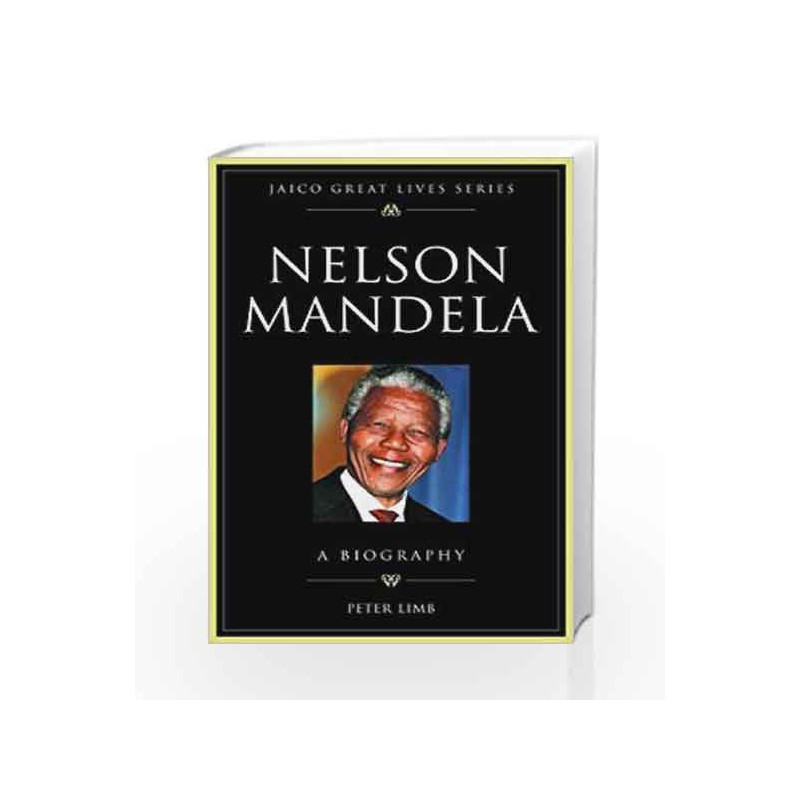

I was born on the eighteenth of July, 1918, at Mvezo, a tiny village on the banks of the Mbashe River in the district of Umtata, the capital of the Transkei.

My more familiar English or Christian name was not given to me until my first day of school. In Xhosa, Rolihlahla literally means “pulling the branch of a tree,” but its colloquial meaning more accurately would be “troublemaker.” I do not believe that names are destiny or that my father somehow divined my future, but in later years, friends and relatives would ascribe to my birth name the many storms I have both caused and weathered. Here for the first time, Nelson Rolihlahla Mandela told the extraordinary story of his life - an epic of struggle, setback, renewed hope, and ultimate triumph.ĪPART FROM LIFE, a strong constitution, and an abiding connection to the Thembu royal house, the only thing my father bestowed upon me at birth was a name, Rolihlahla. Long Walk to Freedom is his moving and exhilarating autobiography, destined to take its place among the finest memoirs of history's greatest figures. He is still revered everywhere as a vital force in the fight for human rights and racial equality. As president of the African National Congress and head of South Africa's antiapartheid movement, he was instrumental in moving the nation toward multiracial government and majority rule. After his triumphant release in 1990 from more than a quarter-century of imprisonment, Mandela was at the center of the most compelling and inspiring political drama in the world.

Nelson Mandela was one of the great moral and political leaders of his time: an international hero whose lifelong dedication to the fight against racial oppression in South Africa won him the Nobel Peace Prize and the presidency of his country.


 0 kommentar(er)
0 kommentar(er)
